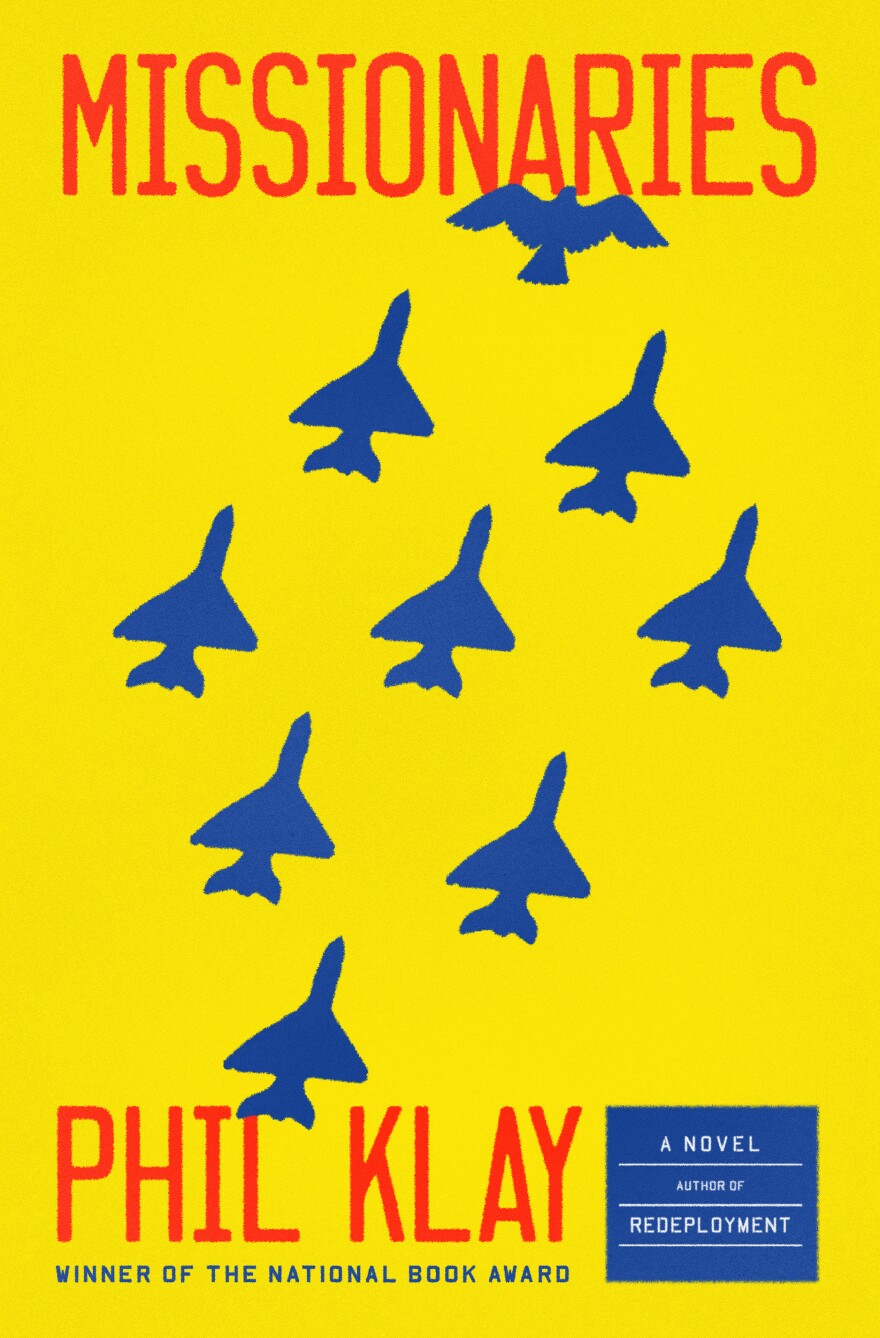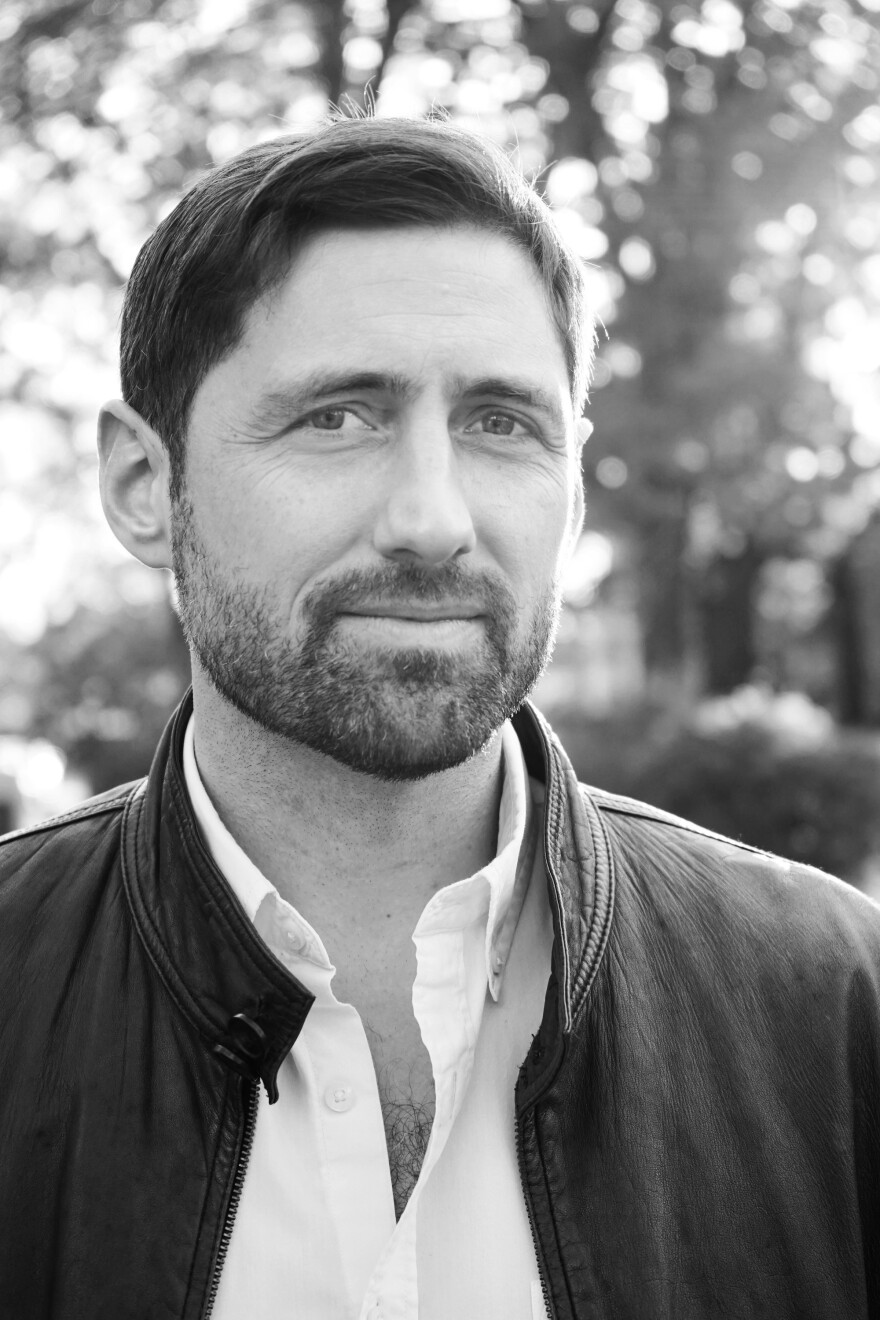In Phil Klay’s novel, "Missionaries," we learn that there are worlds of people still enmeshed in the post 9-11 wars that continue to roil abroad — in ways tenuous or more intractable. In interconnected stories of four central characters we learn that communities and families are inextricable in the larger story of modern war and the globalization of violence.

Highlights from the Interview with Phil Klay
On the four central characters he created for this novel
"So, they sort of emerged out of a long process of the research. The book involves interviews with tons of people, special forces folks who'd spent time in Iraq and Afghanistan and Colombia, with multiple trips to Columbia to do research where I interviewed everybody from a former minister of the interior to people who grew up in paramilitary towns. I wanted to have various layers of war that you could sort of navigate through these characters’ lives."
On doing six years of research for this novel
"I always want to do enough research so that I feel free. If I know a few things about a military campaign in Colombia, I'm going to write exactly those things into a story because I'm going to feel free to pick and choose, to invent, to sort of do things that are unusual. But I feel like I can justify that because I know the material well enough. So, I’ll always do a ton of research, but it's not so orderly in my head… At the end of the day, what I want is to have a bunch of ideas swirling around in my head and things that I can draw on and pick from to use as I see fit as I'm sort of pushing through with the narrative."
On what this novel can mean for readers today
"The biggest thing that I want from readers is something that I could never think of myself. I mean, the beauty of literature is that people enter into this experience that you've tried to carry them through and then come up with reactions and reflections. The act of reading is a creative act in and of itself. And so they'll come up with things you can never anticipate which are kind of profound and interesting and beautiful. So, that's always the main thing. I would say one thing in terms of this present moment that's very important is these are sort of forces that I'm talking about types of warfare institutions and the ways that they are, you know, institutions have their own kind of inertia."



